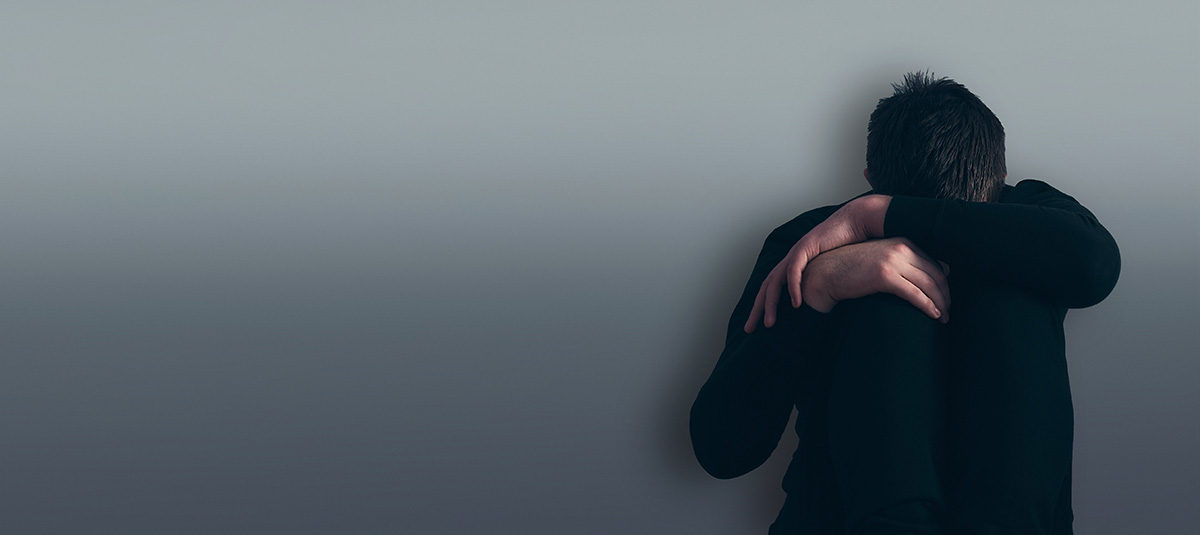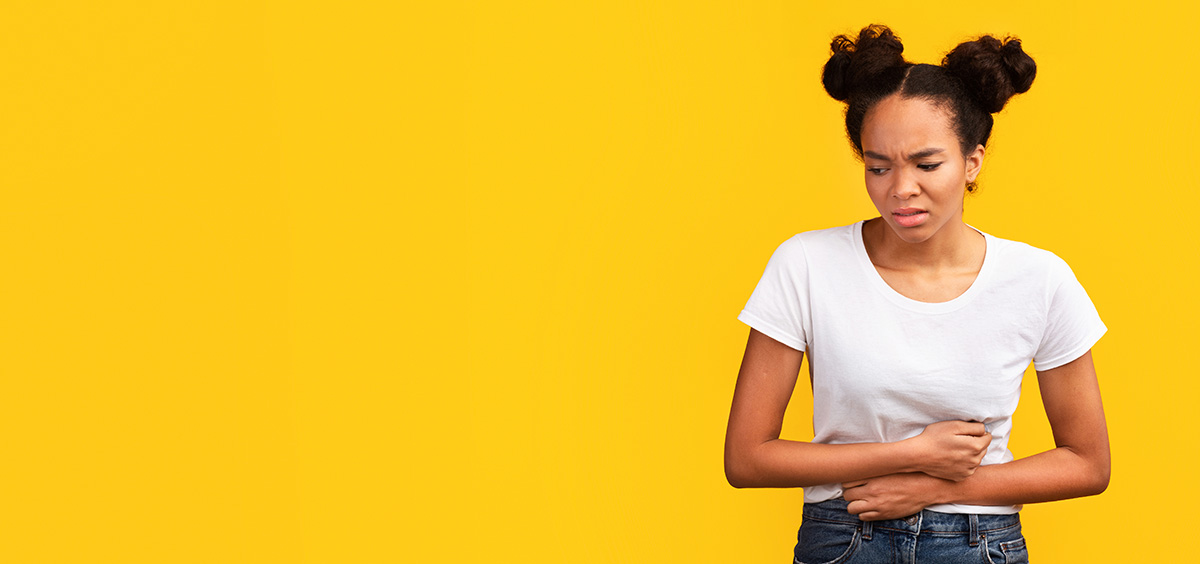Since we are deep in ‘back to school’, we thought it would be a great idea to spotlight the work that we do with young people.
Many people don’t realize that we work with all ages, in fact the youngest person in our practice was only 3 days old, thanks to acupuncture she quickly healed from Erb’s Palsy, an injury to the brachial plexus nerve while coming out of the canal during birth.
We love working with children of all ages, but a particular age that we love to see the most are your teens and tweens.

How do children respond to acupuncture?
Younger people respond incredibly and get results quickly. Chinese medicine identifies children as ‘pure Yang’; warm, activating, transforming, moving. It’s not until we start becoming an adult that the Yin nature becomes more apparent or at choice perhaps; cooling, stillness, nourishing. We can literally see the Yang nature in our kids, children are transforming and changing daily, it’s hard for the rest of us to keep up. That’s Yang at work.
Another reason why acupuncture is the perfect support for your teen, is because it’s self regulating. It knows what to do, it will shift, harmonize, energize, or relax, whatever it needs to get the body back to equilibrium or balance. This can be magic for a young person who might be a little shy or awkward during those hormonally driven years, maybe they just don’t feel comfortable talking about what’s going on for them, but they’re getting stomachaches and can’t sleep and no one can figure out why. We don’t need to talk about it, we can get more than enough information from their symptomatology and tongue and pulse diagnosis. We just let the needles and the body do the talking.
What are the most common things we treat in kids?
Think of young people and their Yang nature as a kettle on the stove, the water is just simmering and simmering and at some point starts to boil, but there’s no way to turn the heat off or move the kettle off the burner. Acupuncture is that tool that can turn the heat down, let off some steam and release the tension or stagnation.
Headaches
Stress and tension can cause headaches, but also over thinking, over studying, not enough sleep and being dehydrated.
Stomach Pain and Constipation
The gastrointestinal system is all about transforming food, transporting it for energy and allowing the system to let go. The digestive system is so closely linked to emotions and when things aren’t flowing freely, things get stuck, physically and emotionally.
Trouble Sleeping
Teens need about 8 to 10 hours of sleep per night, during a growth spurt, maybe 12 hours. anything less than that is inadequate and can cause other issues like poor eating habits, difficulty learning and focusing which causes increased stress and a whole slew of other symptoms.
Difficult Emotions like Depression and Anxiety

There’s been quite a bit of research testing the efficacy of acupuncture in regards to depression and anxiety in teens, the results are favorable. Remember hormones are going through so much fluctuation day to day effecting your teen’s moods, one day they’re up and the next they’re down, and they don’t know why. Acupuncture is brilliant for regulating hormones and brain chemistry.
Pain Management
Physical activity can be a life saver for young people, it allows pent up energy and stress to move! And sometimes with the growth spurts that are happening on an almost daily basis, add intense after school sports this can sometimes cause problems on a musculoskeletal level.
PMS and Menstrual Cramps

Similarly with all of the hormone fluctuation, teens girls can feel challenged and tense. We can help facilitate a smoother menstrual time, with less painful periods and less mood swings.
Boosting immunity
When everyone else at school is getting sick and they can’t miss the track meet this weekend, we can help support here too.
What can I expect during an acupuncture treatment for my child?
With teens we let them take the lead, we don’t push, we let them talk as much or as little as they’d like. We’ll get plenty of information from their tongue and pulse and also the simple logistics of their symptomatology. From there, they will lay down on the treatment table and we will gently insert needles, usually a parent prefers to stay in the room the entire time, which is just fine with us.
What is the treatment plan like?
Very similar to an adult plan, we like to see your tween or teen 1 to 2 times a week, depending on what’s happening for them and the frequency of their symptoms. As their body shifts and symptoms become less frequent, we decrease the treatment little by little until they are on a bi-monthly maintenance schedule.

